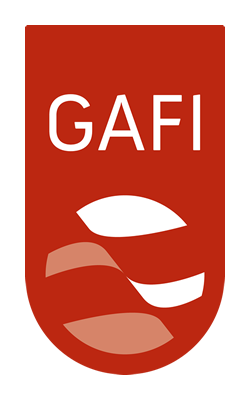Ce rapport est une synthèse des mesures en matière de lutte contre le blanchiment de capitaux (LBC) et le financement du terrorisme (FT) en vigueur en Allemagne au moment de la visite sur place (15 mai - 5 juin 2009) et immédiatement après.
Le rapport et le synthèse du rapport sont disponibles en anglais uniquement.
This report summarises the anti-money laundering and counter-terrorist financing measures (AML/CFT) that were in place in Germany at the time of the on-site visit (15 May – 5 June 2009) and immediately thereafter. It describes and analyses these measures and offers recommendations on how to strengthen certain aspects of the system. It also assesses Germany’s level of compliance with the 40+9 Recommendations of the FATF.
Although the regime in Germany presents some features that are not fully in line with FATF Recommendations, Germany has made a clear commitment to further strengthen the national system for the prevention, detection and suppression of money laundering and terrorist financing.
Key Findings
Germany has introduced a number of measures in recent years to strengthen its anti-money laundering and combating the financing of terrorism regime. Germany has generated a relatively large number of prosecutions for money laundering and of orders to confiscate assets. These achievements occurred despite the shortcomings that were identified in this assessment.
Many indicators suggest that Germany is susceptible to money laundering and terrorist financing, including because of its large economy and financial centre, as well as its strategic location in Europe and its strong international linkages. Substantial proceeds of crime are generated in Germany, estimated to be EUR 40 to EUR 60 billion (approximately USD 60–80 billion), inclusive of tax evasion, annually. Terrorists have carried out terrorist acts in Germany and in other nations after being based in Germany. Germany is also estimated to have a large informal sector (> EUR 400 billion or > EUR 560 billion) and the use of cash is reportedly high. Germany’s currency is the Euro (€), which is used widely across Europe, thus making it attractive to organized criminals and tax evaders.
Key factors that may reduce Germany’s risk profile for money laundering include its strong legal tradition, the rule of law, its political environment, and having an effective single financial regulator.
The core elements of Germany’s anti-money laundering and counter-terrorist financing regime are established in the German Criminal Code, which contains the money laundering and terrorist financing offenses; the Money Laundering Act; and the sector-specific laws such as the Banking Act. The Money Laundering Act established Germany’s financial intelligence unit (FIU) within the Federal Criminal Police Office (BKA), imposes customer due diligence (CDD) obligations on a wide range of financial institutions, and requires these financial institutions to submit suspicious transaction reports to the competent authorities. The Act was most recently amended in August 2008, when Germany transposed the third European Union Money Laundering Directive, and its Implementing Directive, into national law.
The anti-money laundering and counter-terrorist financing framework is not fully in line with the FATF Recommendations. There are weaknesses in the legal framework and in sanctioning for non-compliance with anti-money laundering and counter-terrorist financing requirements. The FATF report contains Recommendations to address these issues.


 Twitter
Twitter
 Facebook
Facebook
 Instagram
Instagram
 Linkedin
Linkedin
